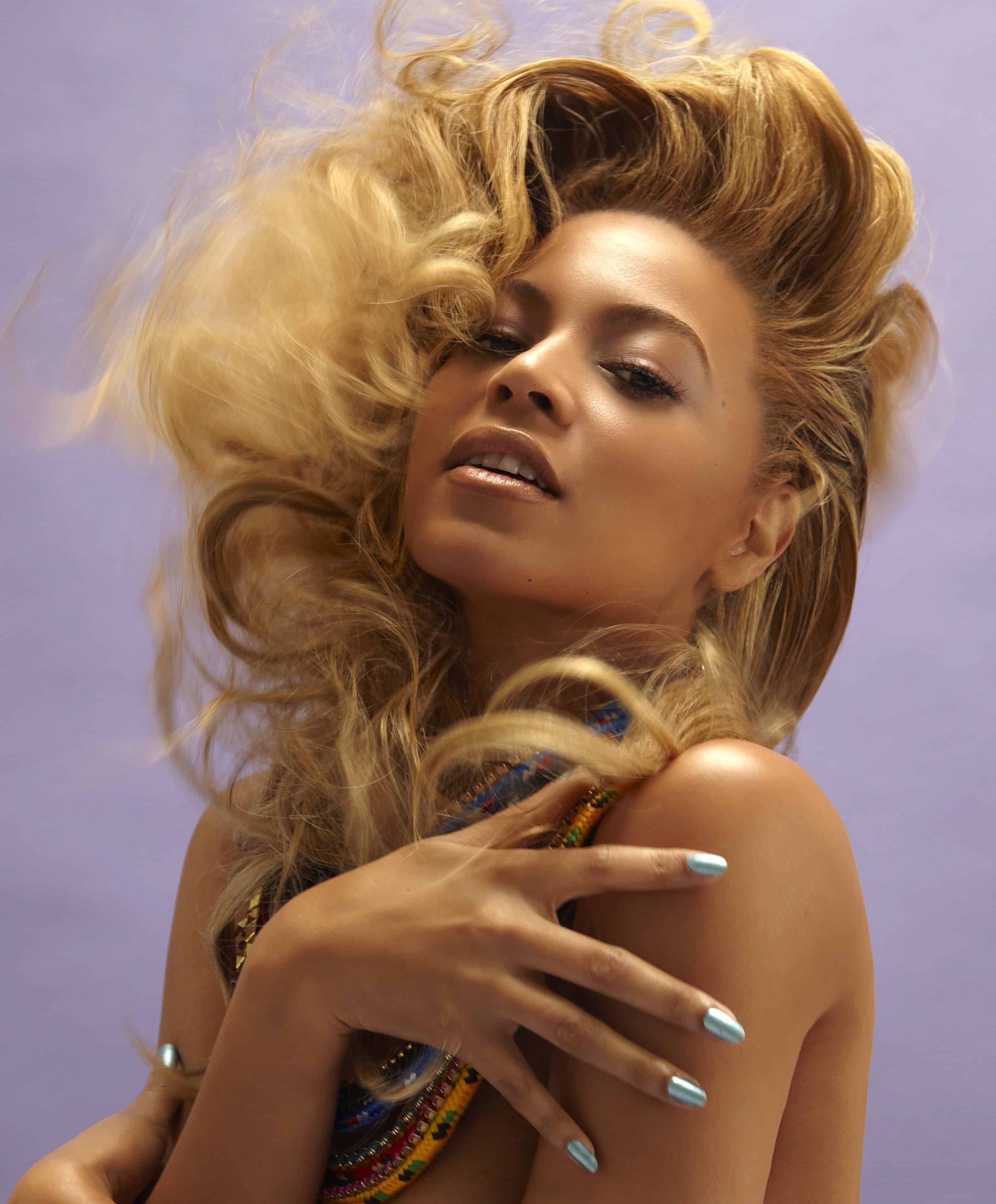Queen Bee: the power of a cultural empire

Author: annie trussler | op-ed editor

Parkwood Pictures Entertainment, LLC
There are two places your mind can go when you hear the phrase “All Hail the Queen.” Anyone born before 1980 will begin to mentally recite the Pledge of Allegiance, as is so programmed in the psyches of baby boomers; however, anyone born in 1981 and onward, otherwise known as anyone living under the blessing and curse that is millennial status, one recognizes that the one, the only, the true Queen of this generation, is Beyoncé Knowles. The once Destiny’s Poster Child turned R&B Diva has taken the world by storm, yet again. Lemonade, Beyoncé’s latest visual and audio masterpiece, tackles major controversies including police brutality, domestic abuse, infidelity, and most vocally, the mistreatment and dehumanization of the black woman in North American mainstream culture.
As Malcolm X once solemnly noted, which is also referenced within Lemonade itself, “the most disrespected person in America is the Black Woman.” It is impossible to refute Beyoncé’s influence, her raw power, in the media sphere. Her musical empire has spanned decades, but even so, Beyoncé Knowles is not solely an artist, she is, first and foremost, a black woman. Being a black woman, she is the subject of scrutiny, of racism, and a particular brand of misogyny awarded only to this demographic. This is not an isolated incident, as racism and misogyny so rarely fester in but one place: Quvenzhané Wallis, our most recent “Orphan Annie,” faced brutal backlash for daring to bring blackness to a cultural icon; Zendaya Coleman, a young black actor, was criticized for wearing traditional dreadlocks on the red carpet; Laverne Cox, made famous for her transgender representation in Orange is the New Black, has been the victim of violent transmisogyny for as long as she has been active in the media sphere.
Lemonade is for these women, undoubtedly; Lemonade actively celebrates the accomplished black woman as she overcomes societal odds, but the album, and Beyoncé, does far more than this for far more than the rich and established. Beyoncé, standing as the, perhaps, most iconic black female figure in modern media has written a love story for black women of all demographics. This position of power allows the heartache of a race and a gender to be eased, if even minutely. Lemonade is a serenade for the abused black woman, the neglected black woman, the black mother of a murdered child, the black university student, the black rape victim, and any other black woman demonized by the system constructed to protect them.
Beyoncé Knowles has garnered a status of cultural royalty, and through her determination, ferocity, and sheer talent, she has forged herself into an icon of a generation. Does Beyoncé’s empire mean the black woman has finally found safety in a racial war zone? She has not, by any means. Does Lemonade serve as an anthem for the empowered black woman, black mother, black child? I believe, in fact, Lemonade stands for the empowerment of black women, but moreover, as a reminder that the black woman is the most victimized, the most attacked, and the most undervalued individual in North American society; regardless of status, of establishment, of marital status, if you are black, if you are a woman, there is a labyrinth of horrors you must navigate to find power and safety. Lemonade is a love story penned by one of the most iconic black females in recent decades, but all love stories are not without a certain element of tragedy. The story continues, the characters fight, and black women in North American continue to endure.








